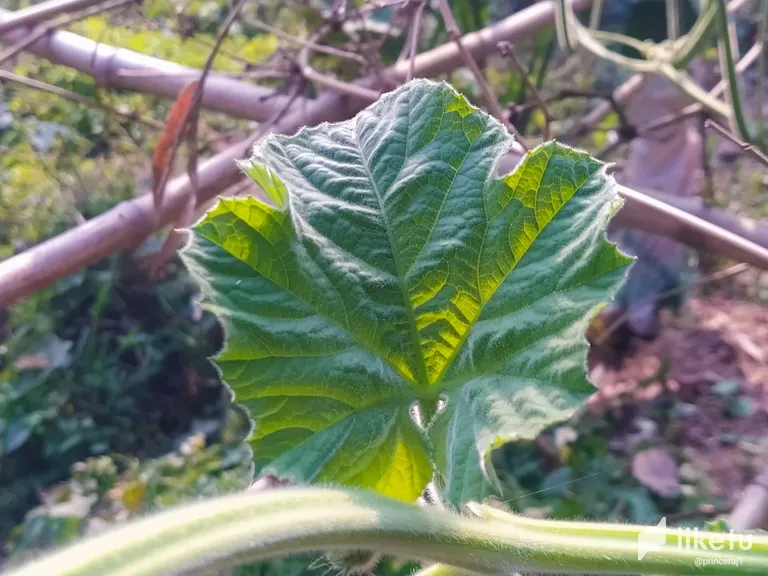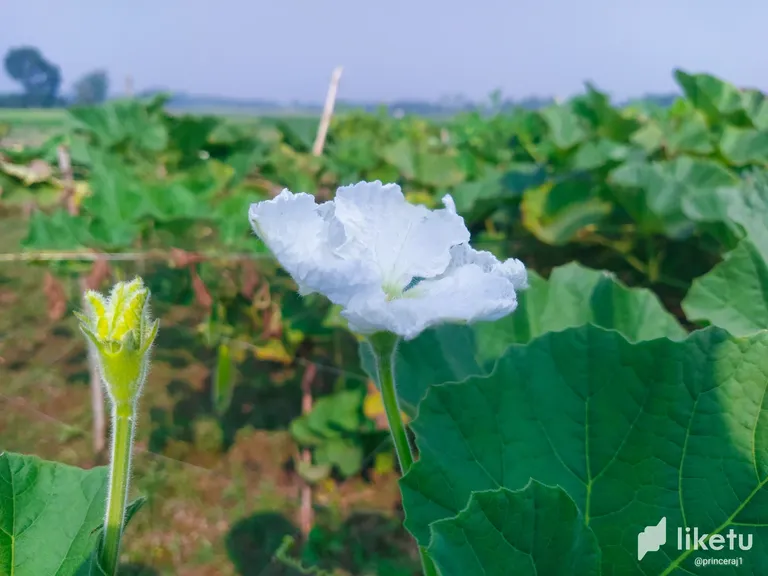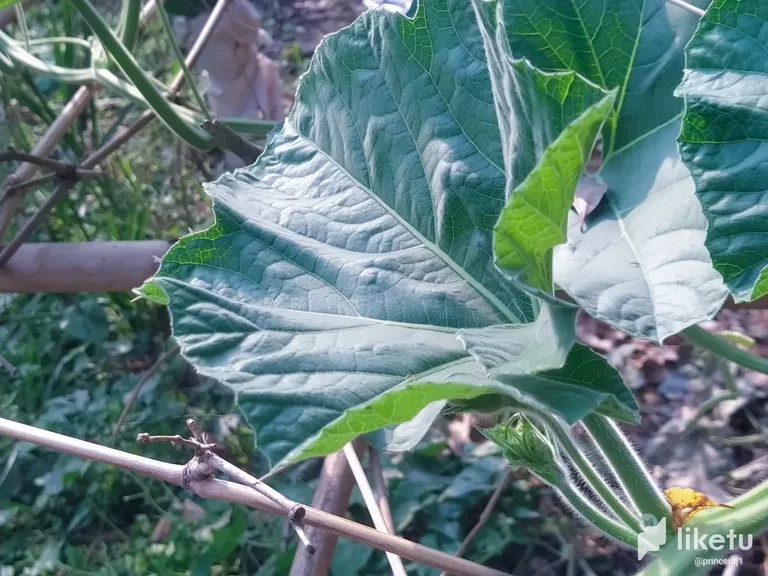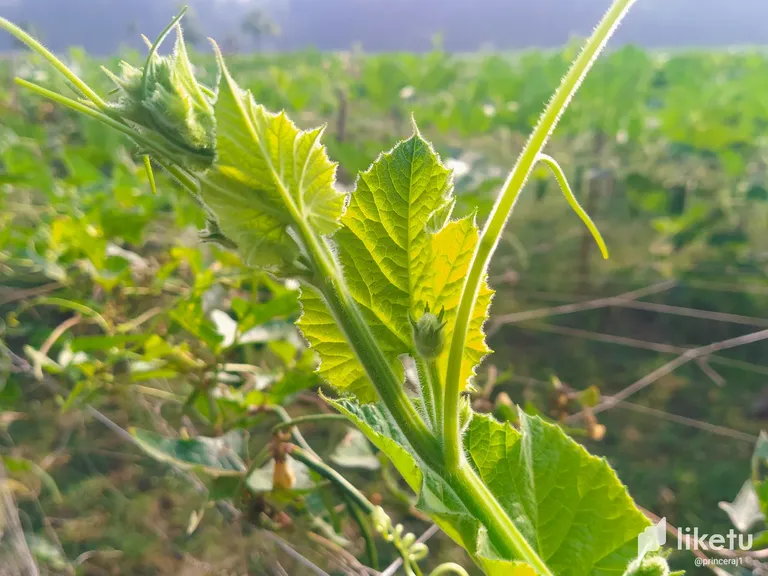



Pumpkin leaves are often overlooked as a food source, but they are extremely nutritious and can provide a range of health benefits. They’re rich in vitamins, minerals, and antioxidants, and are a great source of dietary fiber, which can help to reduce cholesterol levels. Pumpkin leaves are also known for their anti-inflammatory properties, which can help to reduce inflammation in the body and improve overall health. Additionally, pumpkin leaves are a good source of iron and calcium, which can help to boost energy levels and improve bone health. Eating pumpkin leaves can also provide protection from certain diseases, such as cancer and heart disease. With all these health benefits, it’s no wonder why pumpkin leaves are gaining popularity in the health world.
Nutritional benefits of pumpkin leaves
Pumpkin leaves are a great source of vitamins and minerals, including vitamin A, B vitamins, vitamin C, and vitamin K. They’re also a good source of minerals, including iron, manganese, potassium, and magnesium. Pumpkin leaves are rich in carotenoids, which are a type of antioxidant that can help to reduce the risk of certain diseases and conditions, including heart disease, certain types of cancers, and macular degeneration. Pumpkin leaves are also a good source of dietary fiber, which can help to prevent constipation, improve digestive health, and reduce cholesterol levels. They’re also known for their high content of lutein and zeaxanthin, which are important for eye health.
Health benefits of eating pumpkin leaves
Pumpkin leaves are rich in vitamins, minerals, and antioxidants, making them extremely nutritious. They’re a great source of vitamin A and C, as well as carotenoids, which can provide protection against certain diseases. They’re also a good source of dietary fiber, which can help to lower cholesterol levels and prevent constipation. Pumpkin leaves are known for their anti-inflammatory properties, which can help to reduce inflammation in the body and improve health. They’re also a good source of iron and calcium, which can boost energy levels and improve bone health. Pumpkin leaves are known for their anti-inflammatory properties, which can help to reduce inflammation in the body and improve overall health. Eating pumpkin leaves may also provide protection from certain diseases, such as cancer and heart disease.
Anti-inflammatory properties of pumpkin leaves
Pumpkin leaves are rich in carotenoids, which are a type of antioxidant that can help to reduce the risk of certain diseases and conditions, including heart disease, certain types of cancers, and macular degeneration. Pumpkin leaves are also a good source of vitamin C, a powerful antioxidant that can help to reduce inflammation in the body. Vitamin C is required for the production of collagen, an important protein that can help to maintain the structure of blood vessels, bones, and joints. Pumpkin leaves are rich in beta-sitosterol, a compound that has been shown to have anti-inflammatory properties. Other compounds in pumpkin leaves, such as quercetin and kaempferol, have also been shown to have anti-inflammatory properties. Pumpkin leaves are rich in lutein and zeaxanthin, two antioxidants that are important for eye health.
Protective benefits of pumpkin leaves
Pumpkin leaves are rich in vitamins, minerals, and antioxidants, making them extremely nutritious. They’re a great source of vitamin A and C, as well as carotenoids, which can provide protection against certain diseases. They’re also a good source of dietary fiber, which can help to lower cholesterol levels and prevent constipation. Pumpkin leaves are known for their anti-inflammatory properties, which can help to reduce inflammation in the body and improve overall health. They’re also a good source of iron and calcium, which can boost energy levels and improve bone health. Pumpkin leaves are known for their anti-inflammatory properties, which can help to reduce inflammation in the body and improve overall health. Eating pumpkin leaves may also provide protection from certain diseases, such as cancer and heart disease.
How to include pumpkin leaves in your diet
Pumpkin leaves are available in most Asian markets. They are also known as winter squash leaves and are a great source of vitamins and minerals. You can eat pumpkin leaves fresh, or you can also use them to make stir-fries, curries, or soups. You can also add pumpkin leaves to salads or use them to infuse tea. Alternatively, you can make steamed pumpkin leaves, which is a popular dish in many Asian countries, including China and Japan. You can also add pumpkin leaves to your smoothies to boost the nutrition content.
Risks associated with consuming pumpkin leaves
There are no known risks associated with eating pumpkin leaves. However, it’s important to note that they can be toxic if consumed in large amounts, so they should be eaten in moderation. If you have allergies to plants in the Chenopodiaceae family, you may experience allergic reactions if you consume pumpkin leaves.
Conclusion
Pumpkin leaves are a great source of vitamins and minerals, and since they’re readily available, it’s easy to add them to your diet. Eating pumpkin leaves can provide many health benefits and can be eaten in a variety of ways. With all these benefits, it’s no wonder why pumpkin leaves are gaining popularity in the health world.
For the best experience view this post on Liketu